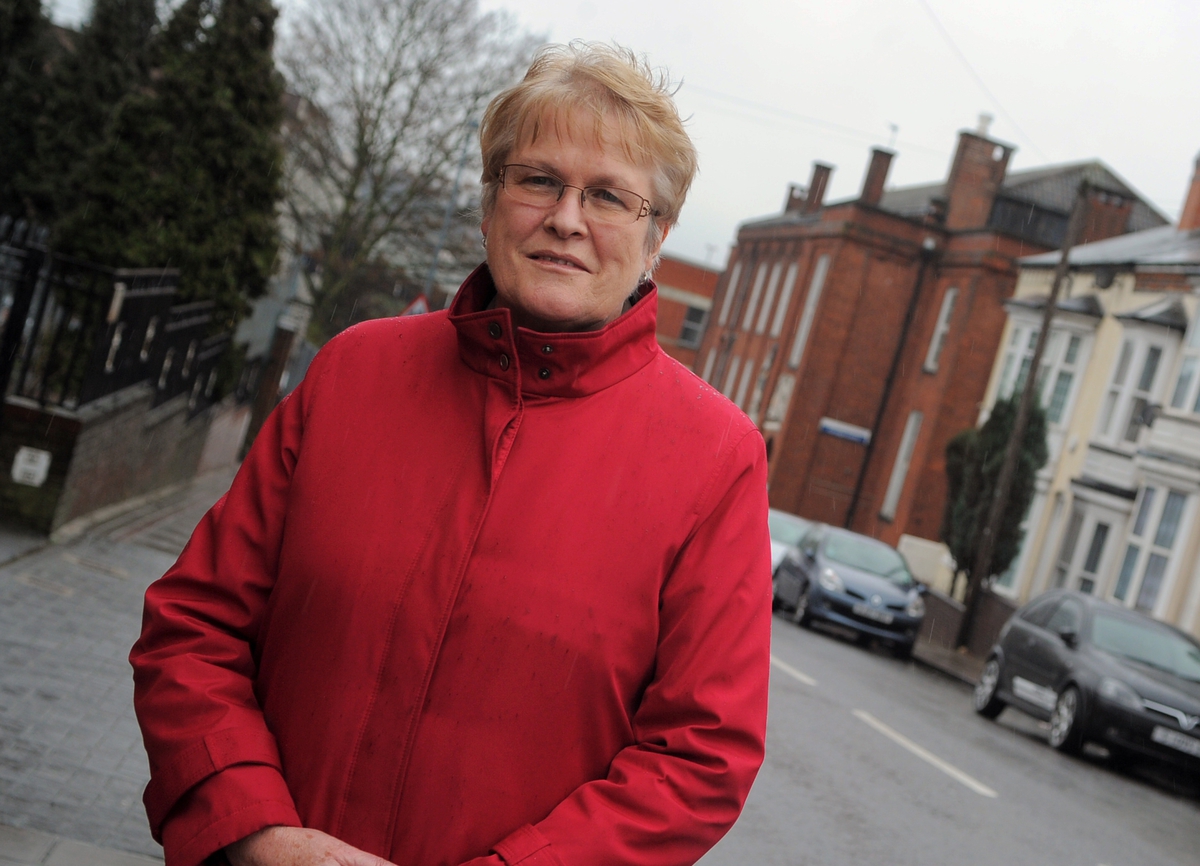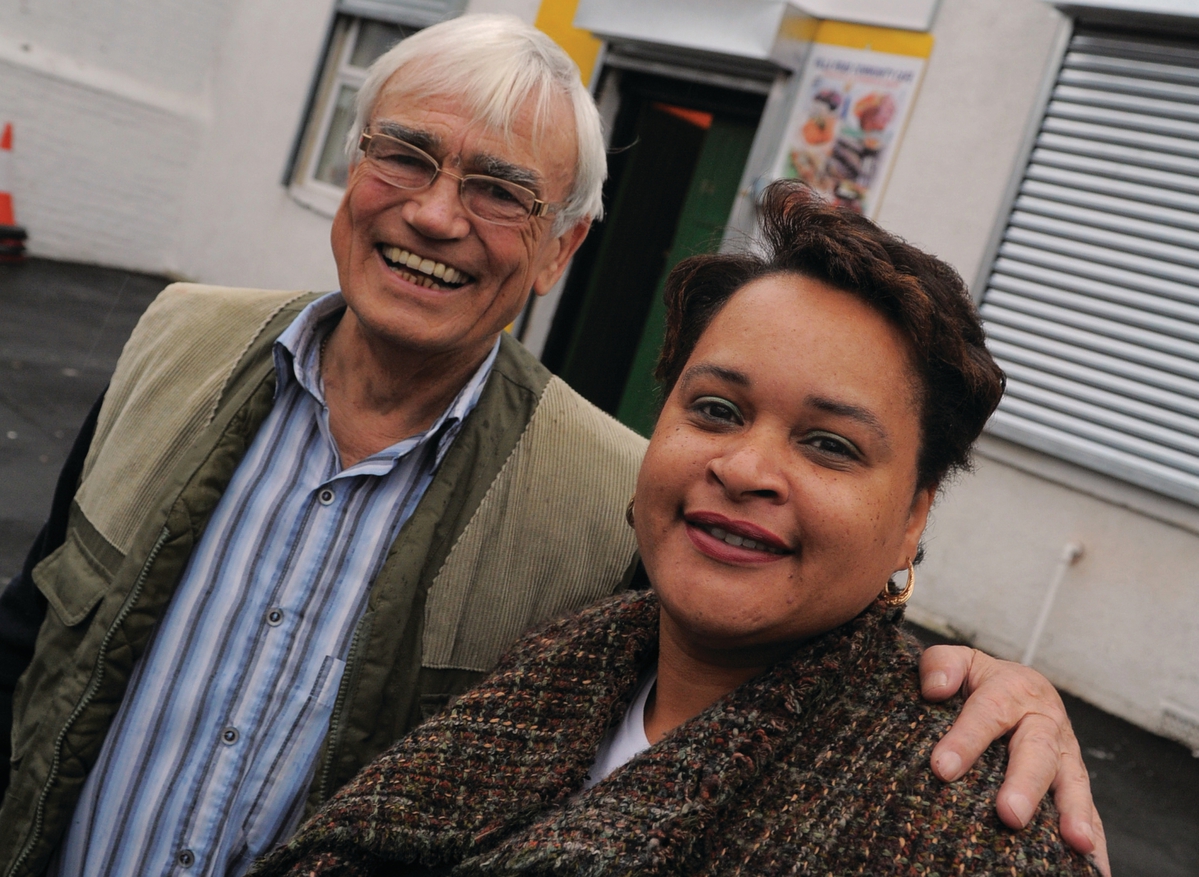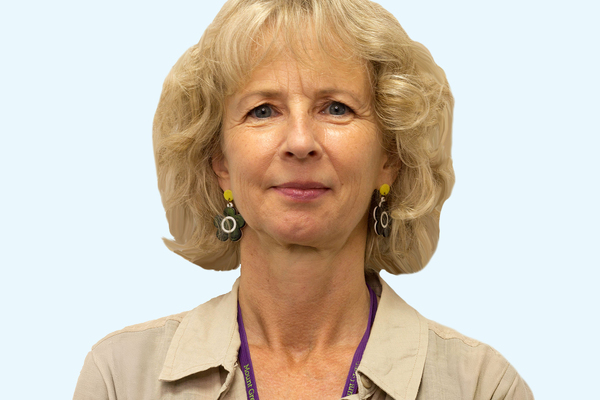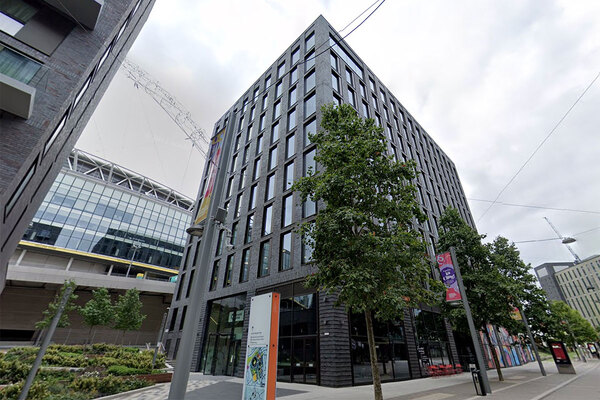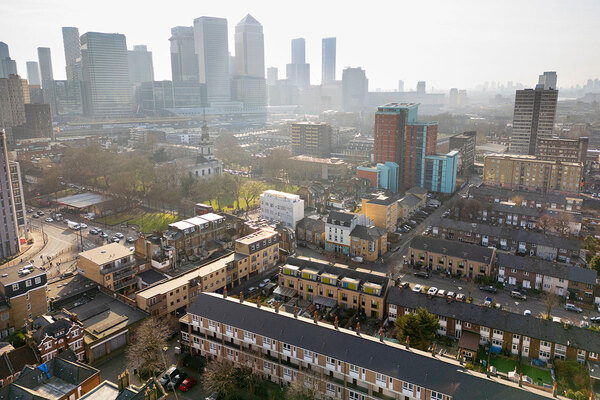Back from the brink
As we publish our report six months on from the summer’s riots, Lydia Stockdale discovers how one midlands landlord is working with local community groups to use the disturbances as a catalyst to do something
Jo Burrill, regeneration project officer at housing association Midland Heart, is a familiar face around the Handsworth and Lozells areas of Birmingham.
‘She works at grassroots level,’ says Raj Rattu, manager of Lozells Methodist Community Centre. ‘She is in contact on a day-to-day basis. I probably work with her more than some of her colleagues back at her office.’
Today Inside Housing, the Chartered Institute of Housing, and the National Housing Federation publish The Riot Report: How housing providers are building stronger communities.
The report shows how social landlords up and down the country are engaging with communities and finding ways to address some of the underlying problems that led to last summer’s disturbances.
Housing’s outreach
Ms Burrill is one of many officers who work in areas directly affected by the riots. She’s a great example of how housing professionals are working with members of local communities to, ‘plug some gaps’, as she puts it. ‘A lot of the things community organisations are saying are common things - sometimes it’s about bringing people together.’
‘Regeneration means different things to different people,’ explains Ms Burrill, who is one of 11 members of a sounding board of experts that we put together to sense-test today’s report. ‘For me, regeneration means working in partnership with local residents, groups, businesses and statutory services to tackle issues of importance to the community as a whole, and to bring tangible, long-lasting improvements to an area - this could be through social, economic or physical regeneration, which is always bound together by community engagement.’
Immediately after the summer’s riots 31,280-home Midland Heart began consulting staff and tenants in areas which experienced disturbances and where it owns significant amounts of stock - Handsworth and Lozells, along with Aston, Winson Green and Sparkbrook.
Inside Housing visited the second city to meet Ms Burrill and speak to some of the organisations she works with in order to find out more about their experiences of the rioting that spread from London to Birmingham and other cities across England in August. We wanted to find what they thought could help prevent further outbreaks of violence.
The views of these individuals, and others with whom Ms Burrill works closely, had already been gathered by Midland Heart shortly after the unrest.
It put together a document to submit to the independent Riots Communities and Victims Panel, which presented its interim findings to the government and opposition in November.
‘We firmly believe that social housing providers are a key part of the solution to the issues around why the riots and looting took place,’ Midland Heart states in the feedback it submitted to the independent panel, headed up by former housing association boss and Job Centre Plus chief executive Darra Singh.
‘We feel strongly that as an organisation working within and supporting neighbourhoods we are trusted by communities and have a key role to play,’ continues the statement which sums up the ethos of today’s Inside Housing, CIH and NHF report perfectly.
‘Often, we are closer to the ground and the common link that enables working in partnerships with residents, with an established track record for harnessing agencies and delivering projects to tackle some of these issues,’ it states.
It concludes that greater attention should be given to more positive community-based approaches to minor criminal behaviour and the alienation of young people, as opposed to knee-jerk responses.
Midland Heart’s own solution is a programme called Back on Track, which begins in earnest later this month, and focuses its work on 25 young people within its communities who have been identified as being particularly vulnerable or disadvantaged.
‘Young people have told us that they want some money in their pockets, a sense of purpose, and something to do,’ explains Michelle Musgrave, customer and communities director at Midland Heart. ‘We’re recruiting 25 16 to 24-year-olds who are the most marginalised, who are at risk of complete disengagement - those who are at most at risk of falling into the gaps and into criminal activity.’
Apprenticeships
The housing association plans to invest £500,000 in supporting and training these individuals and offering them apprenticeships.
‘We’ve set up 25 different opportunities within Midland Heart, not just in the trades [such as electrics and plumbing], but also areas including in marketing and accounting,’ Ms Musgrave says.
‘The aim is to provide holistic and personalised support around the young person,’ she says, ‘so we’ll also be offering a pre-apprenticeship programme to get people up to the skill level required for an National Vocational Qualification.’
Back on Track officially begins on 20 February when participants start their induction. The programme will last ‘as long as it takes’ to get the young person through their apprenticeship and qualified. The young people and their whole families will also be offered support. They and their siblings will be offered the chance to take part in extra curricular activities they may not have had chance to experience before, such as rock climbing and writing and producing music.
Meanwhile, 30 Midland Heart employees have put themselves forward to train to be volunteer mentors under the organisation’s ‘change and challenge’ programme, which is all about equipping staff to with skills needed to help members of the community on a one-to-one basis.
Building trust
Recruiting young people to Back on Track has been a task in itself. ‘There are barriers to overcome,’
Ms Musgrave admits. ‘Young people don’t traditionally have trust in these programmes, as they have experience of other initiatives that haven’t led to anything.’
This is where Ms Burrill and her community contacts like Mr Rattu come in - Midland Heart is working with its partners, including the police and other organisations that have direct contact with potential candidates.
‘We’re asking them to look who is on their radar - who is in this group at risk,’ Ms Musgrave explains.
‘They don’t have to be Midland Heart customers, because our customers are affected by others in their neighbourhoods,’ she continues.
‘We can turn what happened [in the summer] into a positive,’ she concludes. ‘We’re making it so that young people we work with wouldn’t be inclined to engage in that activity because they have a stake in society.’

Raj Rattu (pictured right), manager of Lozells Methodist Church Centre, where 20 local organisations are based.
‘On Monday 8 August rioting started in Birmingham city centre at 6pm, then it came to Handsworth and the Soho Road.
‘I went down there and I saw 20 kids who had come with scarves around their faces – we knew they were going to kick off.
‘They targeted mobile phone shops and a couple of banks. It was so brazen and they didn’t care. Soho Road is covered by CCTV cameras, but they felt they had nothing to lose. When the police came at around 11.30pm, the young people, many of whom were over 18, quickly ran off.
‘On the Tuesday, several shopkeepers stood outside their shops with hockey sticks and baseball bats. The police hadn’t been there on the Monday, so they had to take matters into their own hands. There were lots of people patrolling the high street – kids started to gather, but they saw how many people were out there and they dispersed – they knew they weren’t going to get away with it a second time.
‘I was emailing and texting local contacts – including Jo [Burrill] – throughout, to keep them informed about what was happening.’

Sister Helen Ryan, resident of Lozells, local Sister of Mercy and community worker.
‘It always takes a trigger, and the trigger [for the August riots] was the shooting of the Duggan boy in London.
‘I don’t think people realise the underworld that exists in terms of gangs. I work with gang members at the moment, trying to bring two notorious gangs [the Johnson Crew and the Burger Bar Boys] together and put their guns down.
‘People felt very insecure during the riots and there was lots of fear. It’s really good to have social outreach from a housing organisation [Midland Heart].
‘Faith groups are involved in the locality, but Jo [Burrill] tends to pick up the bits we can’t. She can do the research we can’t do. For example, she’s helped me find the insurance we need when working with young people in the convent.’

John Holcroft (pictured left), co-founder Law, Leisure and Learning, which runs a youth-led community centre, a drop-in centre and offers support for homeless people and ex-offenders.
‘It’s a knock-on effect, the same as last time [the 1981 riots], all the major cities followed suit.
‘Kids say, “I just had a caution, it’s all right”, but when they look for a job a few years later, they can’t get one. It holds them back.
‘When MPs fiddle [for example, in the expenses scandal] they draw a line under it. When young people do the same, they carry it with them throughout the rest of their lives.’
Pauline Wright (pictured right), co-founder Law, Leisure and Learning.
‘They call them “feral youths”, but young people know what’s going on. They watch the news, they know about politics.
‘Midland Heart donated the office furniture in the centre. Young people can come here and use the centre when they want. They can play pool, Xbox, do boxing and weight training, and they can attend the DIY workshops we run.
‘We’ve got to start talking to the young people and getting them involved in the local community, because they don’t feel part of it. We listen to the young people, and that’s why they come back to us.’
